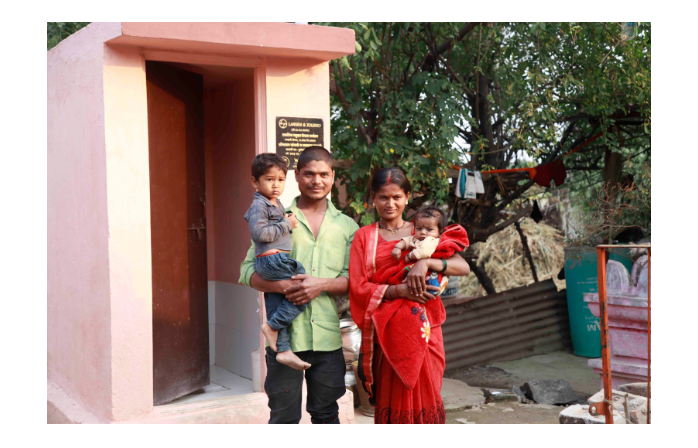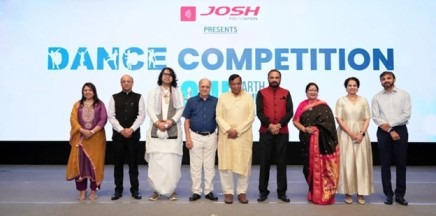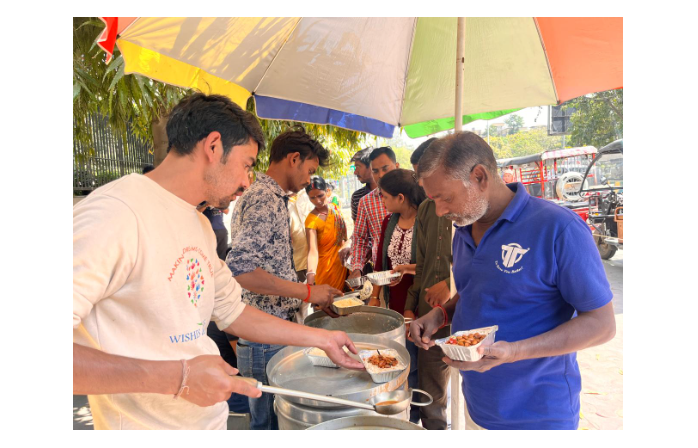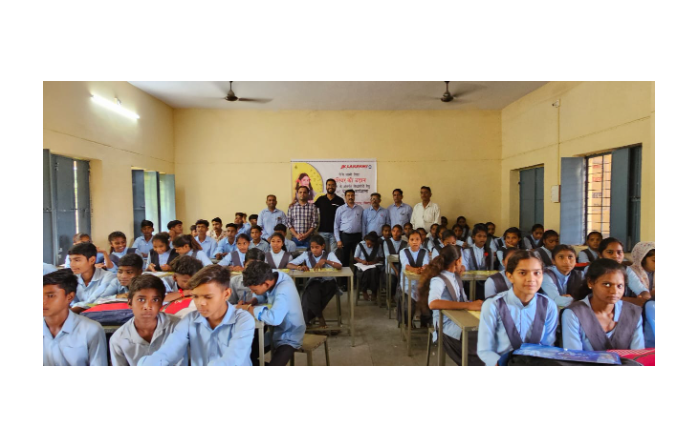Eco-Warriors - Stories of 3 Individuals Leading Conservation in India
By- NGOBOX
June 1, 2023
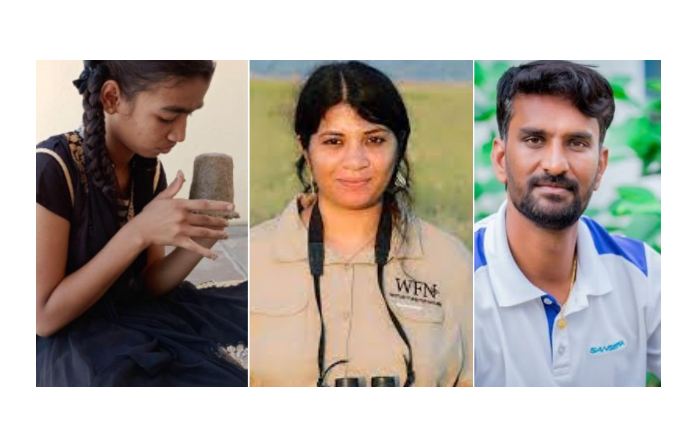
NGOBOX
In India, individuals are taking action to address environmental challenges in innovative and sustainable ways. With diverse landscapes, unique biodiversity, and a rich cultural heritage, it\'s no wonder that many consider India to be a natural wonderland. Unfortunately, this wonderland has been facing numerous environmental challenges, such as climate change, habitat loss, and pollution.
Despite these challenges, there are individuals who are leading conservation efforts in their communities and making a significant impact.
This article highlights the inspiring stories of three individuals who have made significant contributions towards environmental conservation in India. Anand Malligavad is a lake conservationist who has been working to restore the degraded lakes of Bangalore for over a decade. Srija A is a young innovator who found a sustainable solution to raise seedlings without plastic bags. Purnima Devi Barman is an Indian conservationist who has dedicated her life to the conservation of the Greater Adjutant Stork, one of the world\'s most endangered stork species.
Through their tireless efforts and passion, these individuals have brought about positive change in their communities and inspired others to take action towards environmental conservation.
Anand Malligavad
Anand Malligavad is a lake conservationist based in Bangalore, India. He has been working tirelessly for over a decade to restore the city\'s lakes, which have been severely degraded due to urbanization and pollution.
Anand\'s passion for lake conservation began in 2007 when he first noticed the deteriorating condition of the Kasavanahalli Lake near his home. He decided to take matters into his own hands and began cleaning the lake himself. His efforts soon caught the attention of local residents, and together they formed the \'Kasavanahalli Lake Development Committee\' to work towards the restoration of the lake.
Anand\'s work didn\'t stop there. He went on to form the \'Mapunity\' organization, which uses technology to map and monitor the health of Bangalore\'s lakes. He also established the \'Namma Bengaluru Foundation\', which works to mobilize citizens and government agencies to take action towards lake restoration and conservation.
Under Anand\'s leadership, the Kasavanahalli Lake has been transformed from a polluted, stagnant water body into a thriving ecosystem with over 50 species of birds and several species of fish. He has also played a key role in the restoration of other lakes in Bangalore, such as the Kaikondrahalli Lake and the Yelahanka Lake.
Anand\'s work has been recognized both nationally and internationally. He was awarded the \'Environmental Hero\' award by the US Department of State in 2014, and the \'Environmentalist of the Year\' award by the Bangalore Chamber of Industry and Commerce in 2016.
Srija A
Srija A, a class 9 student at the Zilla Parishad High School in Chintalkunta, Gadwal district, Telangana, India has found a sustainable solution to raise seedlings without plastic bags.
One day, while participating in the school\'s annual sapling planting drive, she discovered a plastic bag buried underground while digging the soil to plant a sapling. She was deeply concerned about the non-eco-friendly nature of plastic and did not want this to continue every year. Srija was determined to find a sustainable solution to raise seedlings.
After a few months of research, the 14-year-old innovated a biodegradable planter made from groundnut shell pulp. Groundnut cultivation is prevalent in the Gadwal district, and Srija knew that the shells are usually ground into a powder and used as an energy source or made into a pulp and used as manure. She also learned that the shells are rich in phosphorus and calcium and can retain water and disintegrate slowly.
By procuring shells from a nearby mill, Srija made a prototype of the planter by grinding them in a mixer at home, adding water to make them into a pulp, and molding it onto a water bottle to form the shape of a cup. Her first attempt proved to be unsuccessful, but with the help of her mentor, Augustine P, a math teacher, she added some \"extra natural ingredients\" to make the planter sturdy. Srija tested the planter\'s sturdiness by planting a neem sapling into it and burying it underground at her school.
She monitored it regularly and noticed that the planter took less than 20 days to disintegrate completely, leaving behind no harmful chemicals. Srija\'s sustainable solution to eliminate the use of plastic planters was widely recognized.
In September 2020, she was awarded a Council of Scientific and Industrial Research (CSIR) Innovation award under the innovation by school students category. Her idea was also validated by the T-Works in Telangana, which offered a prototype design for machinery that can help Srija increase production capacity. They developed a device named Bio Press to make the planters.
Purnima Devi Barman
Purnima Devi Barman is an Indian conservationist known for her work towards the conservation of the Greater Adjutant Stork, one of the world\'s most endangered stork species. Purnima\'s love for nature and wildlife began at a young age, and she developed a particular interest in birds. She completed her studies in zoology and went on to work with various conservation organizations.
In 2008, she began working on the conservation of the Greater Adjutant Stork, a species that is found only in India, Nepal, and Cambodia. The Greater Adjutant Stork is considered a scavenger bird and has a reputation for being an unwelcome visitor in many Indian communities.
Purnima recognized that a change in attitude towards the bird was essential to its conservation, and she embarked on a mission to educate people about the importance of protecting the species. Through her work, Purnima has successfully engaged local communities and inspired them to take an active role in the conservation of the Greater Adjutant Stork.
She has organized various initiatives, such as community meetings, awareness programs, and street plays, to educate people about the bird\'s importance in the ecosystem. Purnima has also worked closely with local women\'s groups and has helped them establish \'Hargila Army\' or \'Stork Army\', a group of women who work towards the conservation of the bird.
The group is responsible for monitoring and protecting the nests of the Greater Adjutant Stork, and their efforts have contributed significantly to the increase in the bird\'s population. In recognition of her work, Purnima was awarded the prestigious Whitley Award, also known as the \"Green Oscar,\" in 2017. She was also featured in the BBC\'s 100 Women list in the same year.
Source

India's largest platform for NGOs and social sector professionals. Bringing together jobs, grants, fellowships and more.
© Renalysis Consultants Pvt Ltd





